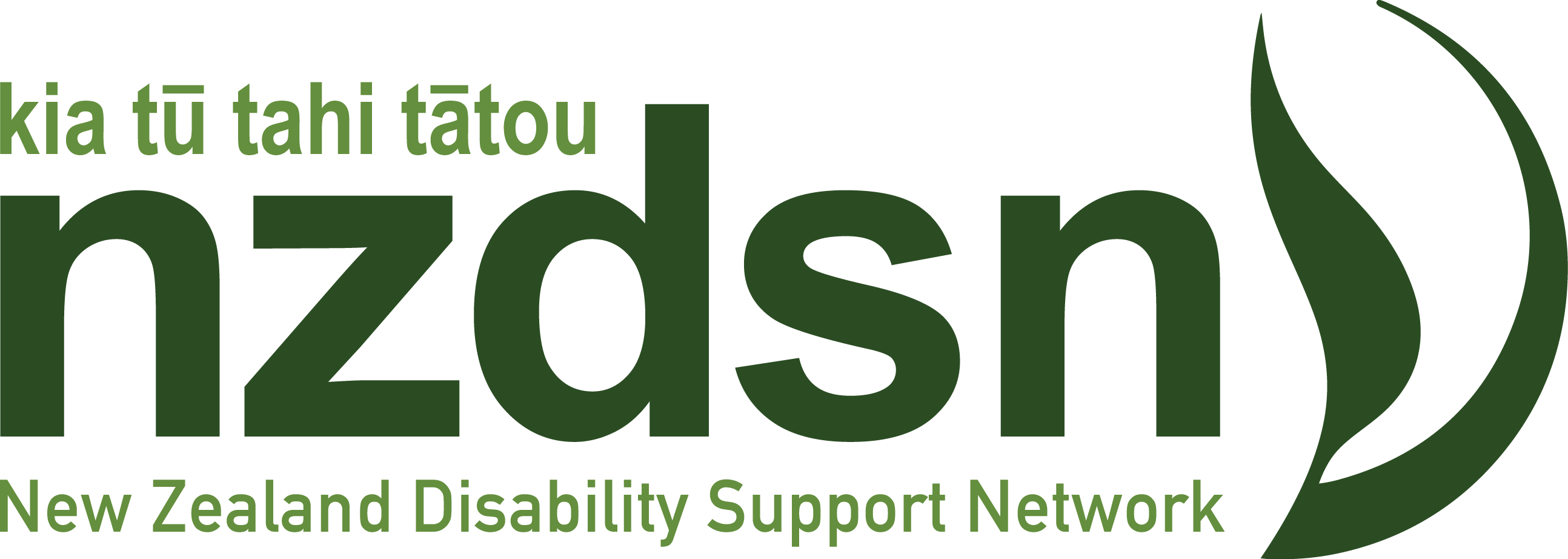- Te Papa Tongarewa, Wellington
- Wednesday 12 November 2025
- 8.30am – 4:30pm
Hybrid event – In-person and online (main conference programme only) through Microsoft Teams
Conference programme
| 7.30 – 8.30am | Registration and Arrival Tea/Coffee Foyer, Oceania Room |
| 8.30 – 9.15am | Powhiri Led by tangata whenua Opening welcome by Debbie Hughes, Chief Executive, NZDSN 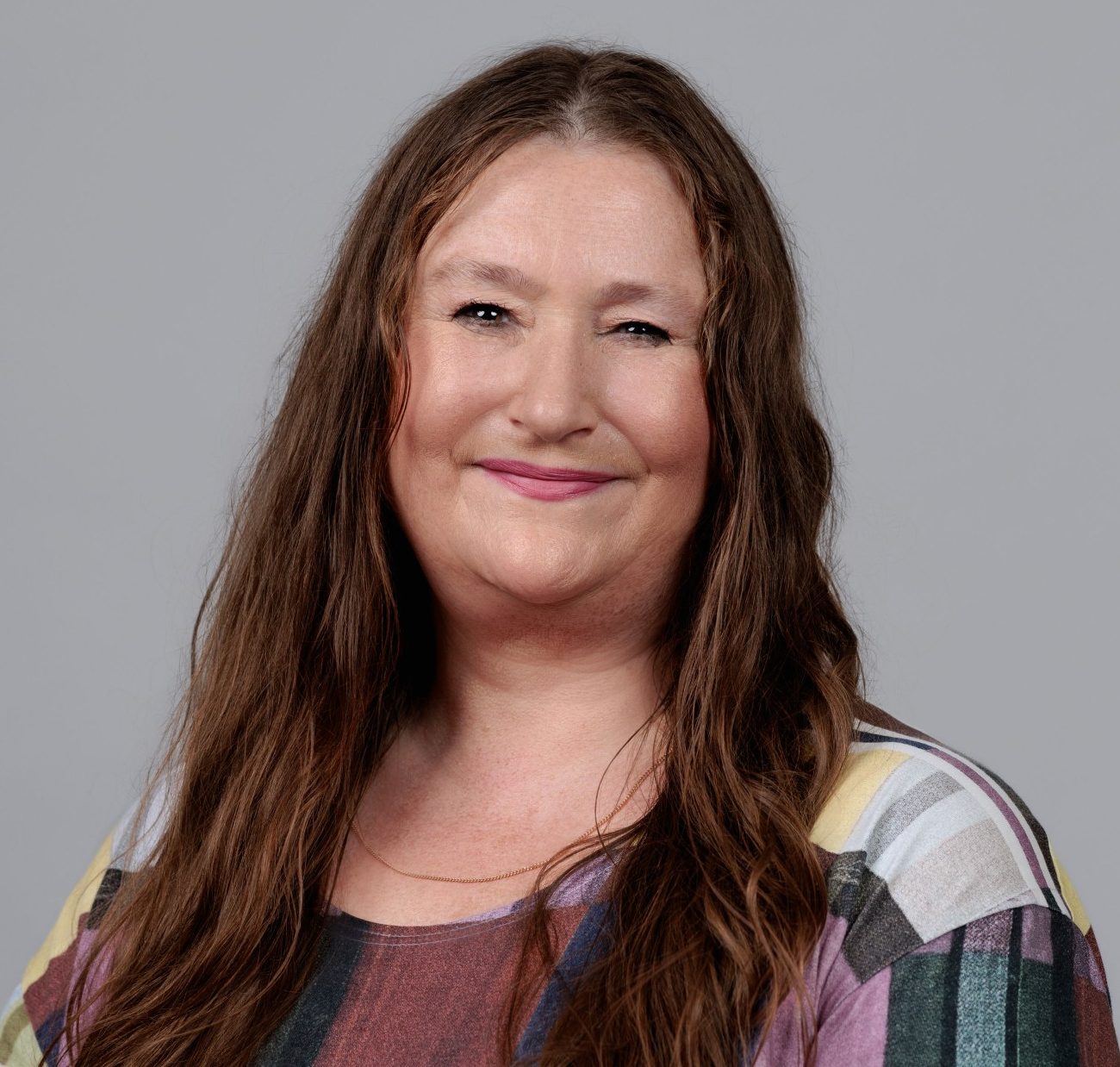 Debbie Hughes |
| 9.15-9.30am | Keynote Address – Hon Louise Upston – Minister for Disability Issues “Leading Through Change – A Government Perspective on Navigating Uncertainty” 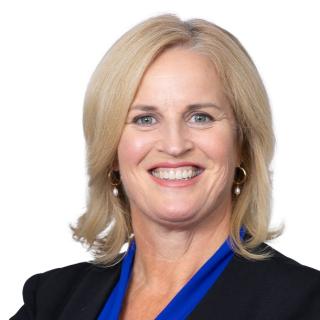 Hon Louise Upston |
| 9.30 – 10.00am | Plenary: Disability Support Services (DSS) Anne Shaw, DCE, DSS Alastair Hill, General Manager, DSS Transformation, DSS “Responding to system pressures and commissioning change” 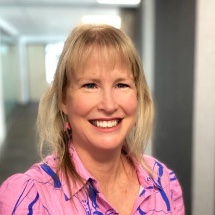 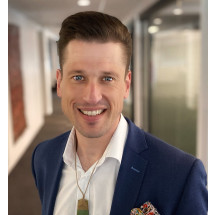 (L-r Anne Shaw, Alastair Hill) |
| 10.00 – 10.30am | Plenary: Whaikaha – Ministry of Disabled People | Paula Tesoriero, Chief Executive “Navigating System Change with Disabled People at the Centre” 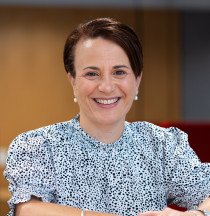 Paula Tesoriero |
| 10.30 – 10:45am | Partner Sponsor Korero Survivor Experience Service – Polly Martin (Ngāti Wehiwehi, Ngāti Tūkorehe, Ngati Turipuku Ngati Hauora Te Roro o Te Rangi Uenukukopako Ngāti Pūkeko) is the Executive Director|Tumuaki of the Survivor Experiences Service (SES). The SES offers a confidential listening service in a ‘Private Session’, and support to find their personal records from care agencies and faithbased insitutions. Disabled survivors can utilise PASAT to help navigate the SES and assist them to choose well-being support, and access communication supports from Talking Trouble & More Talk. Private Session facilitators can travel to meet the survivor in a location that suits them. Disabled survivors are welcome to bring their own communication partners, support allies and whaanau to private sessions. See our website, call 0800 456 090 or text 832  Polly Martin |
| 10.45 – 11:15am | Morning Tea Extended break for networking and refreshments |
| 11.15 – 12.00pm | Panel: Navigating Uncertainty – Perspectives from Peak Bodies Peak Body leaders from across the sector share experiences and insights on navigating uncertainty and how they are supporting members. 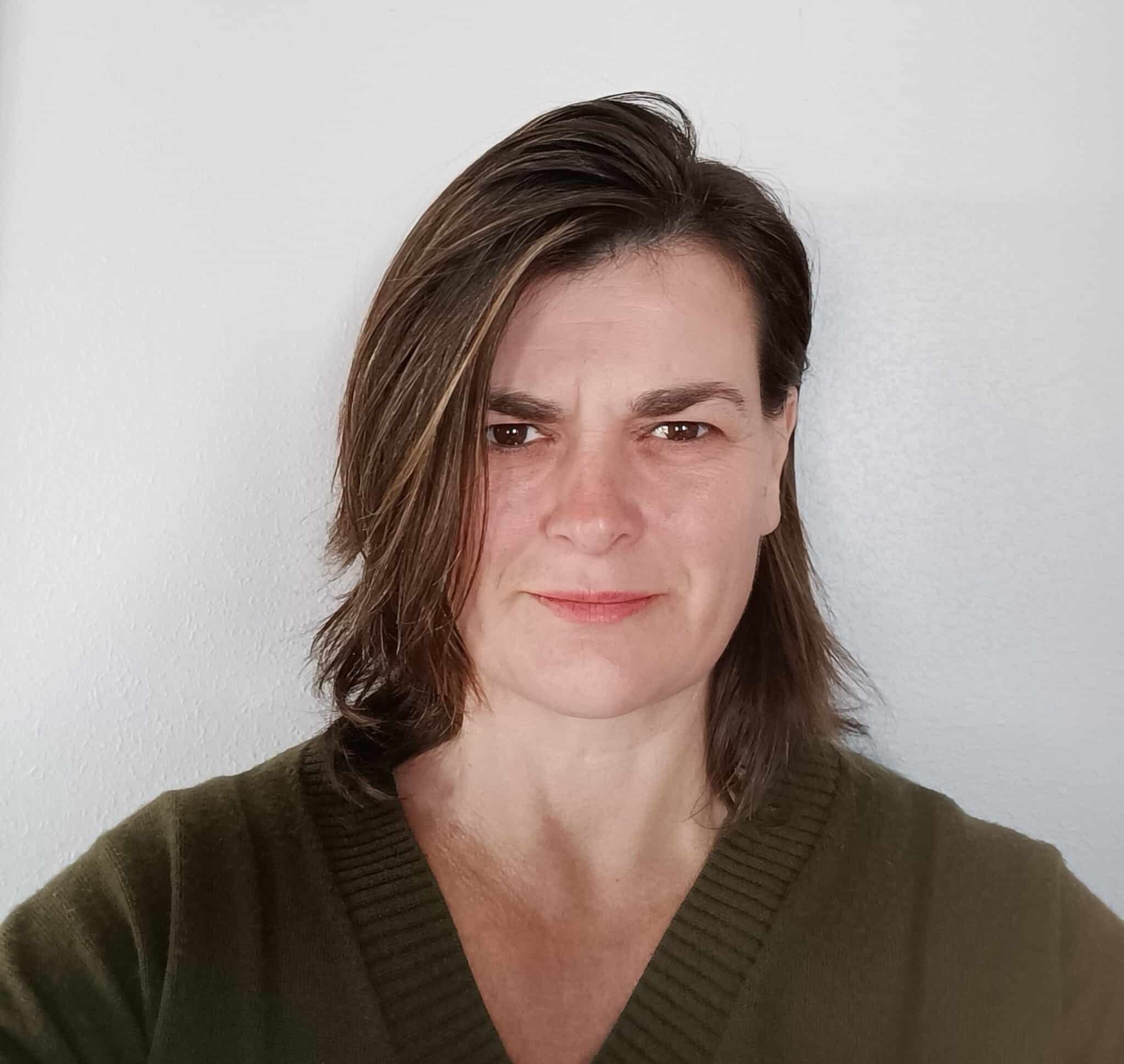 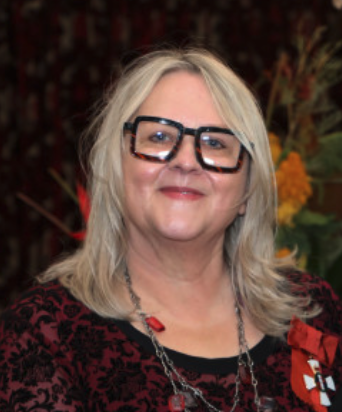 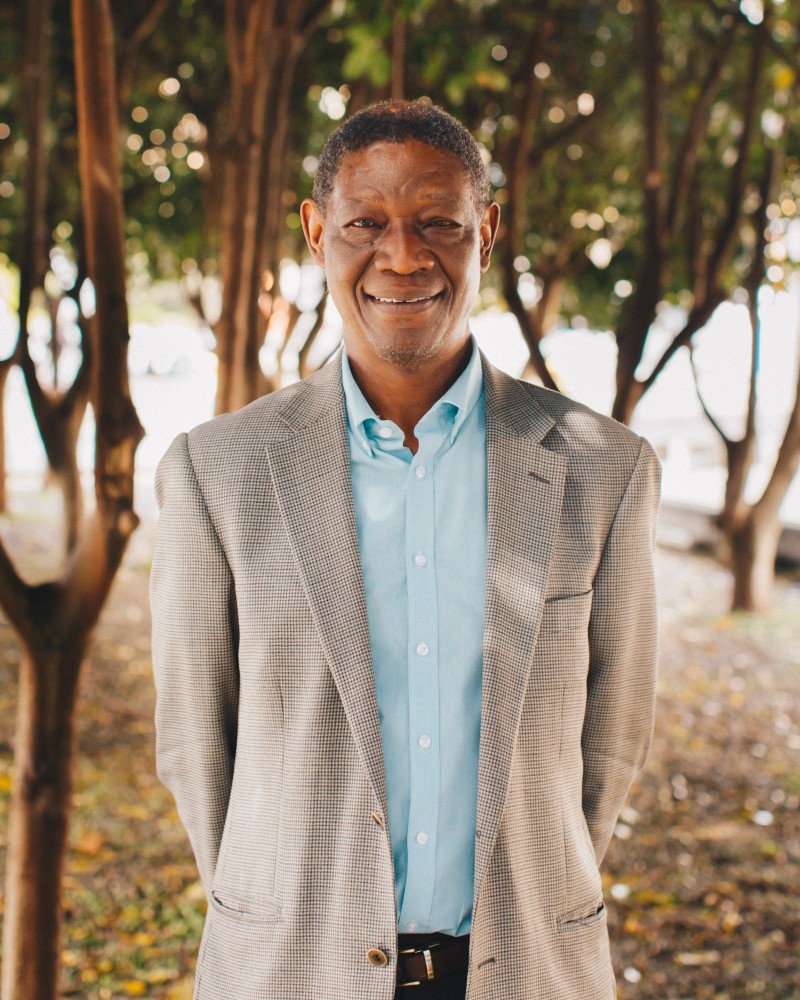 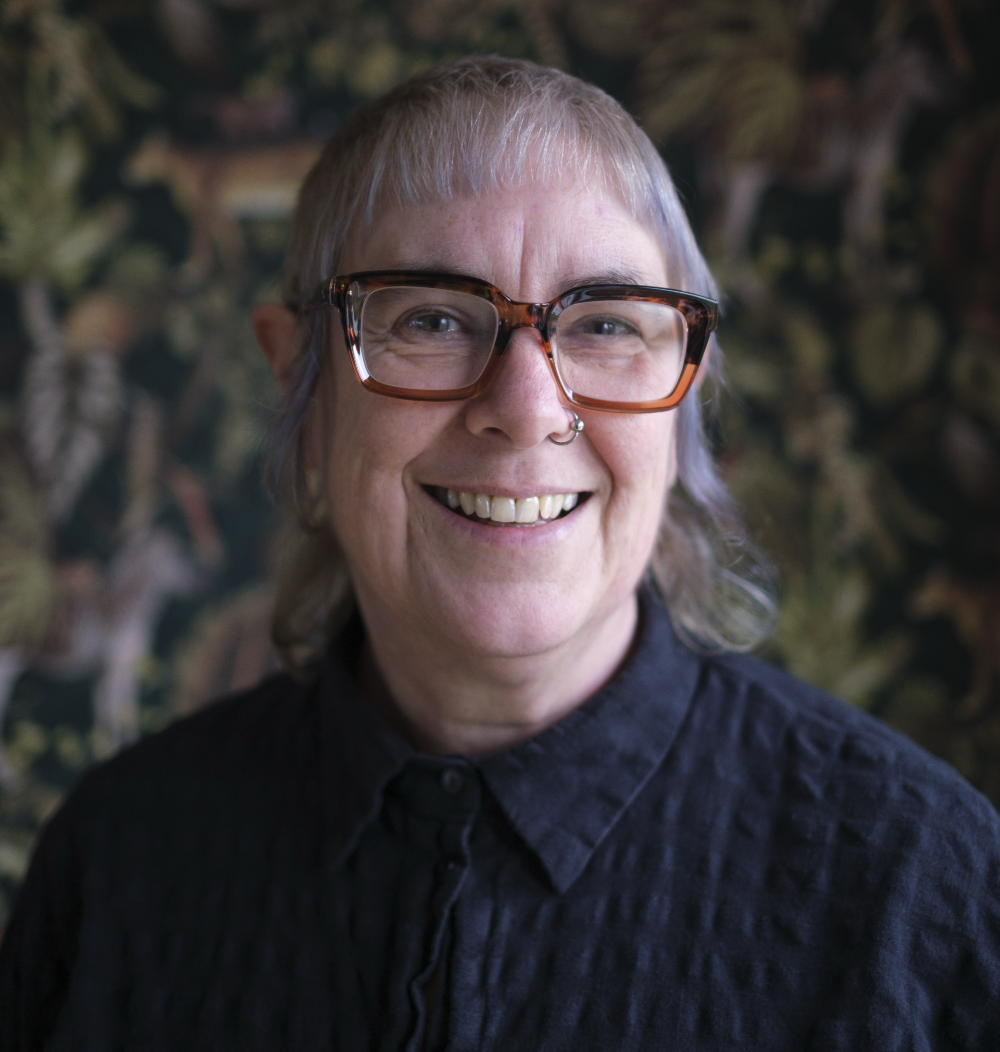 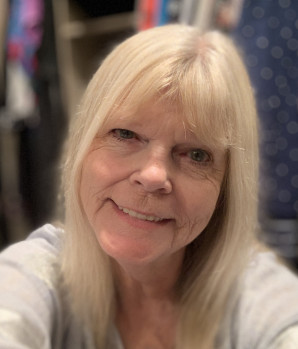  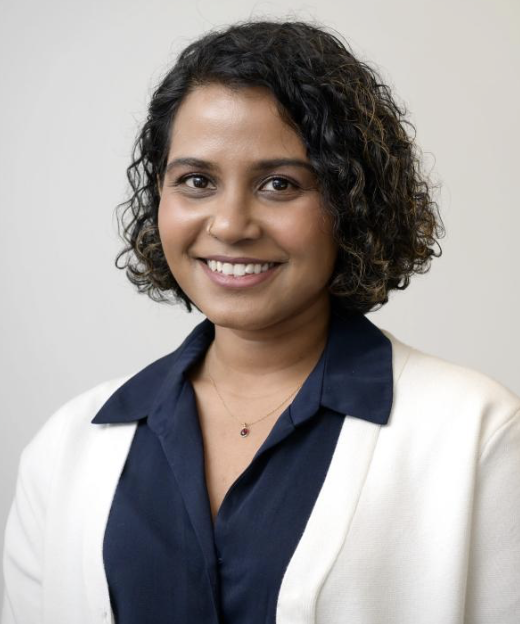  L-r Simone Newsham | NASCA, Laurie Hilsgen | Carers NZ, Memo Musa | Platform Trust, Liz Robinson | Moderator, Carol Wood | The Federation of Disability Information Centres, Lisa Foster | Home and Community Health Association, Rabikah Begum \ Aged Care Association, Debbie Hughes | NZDSN) |
| 12.00 – 12.30pm | Tua o te Pae – Beyond the Horizon Tua o te Pae sits under the manaakitanga of Wahanga Tū Kōrero, TalkLink Trust, a specialist provider of communication assistive technology. Tua o te Pae is a kaupapa grounded in te reo Māori ( The Māori Language), ahurea (culture) and kōrero (communication). The main goal of this kaupapa is to produce a bilingual te reo Māori/New Zealand English speech synthesis tool that can be deployed to communication assistive technology devices and broader assistive technologies. The kōrero will outline the journey, including challenges and progress that Tua o te Pae has made over the last eight years.   (L-r Ann Smail, Geneva Hakaraia-Tino) |
| 12.30 – 1.30pm | Lunch Networking and exhibitor space open |
| 1.35 – 2.15pm | Concurrent Breakout Sessions – Navigating Practice in Action Presentations from member organisations – choose which to attend |
| Safe Responses to Behaviours of Concern: A locally developed de-escalation and disengagement training MySkill, a health and disability training provider, in partnership with Explore Hāpainga Ora, the national provider of positive behaviour support for disabled people, has developed Safe Responses to Behaviours of Concern. A new training programme focused on de-escalation strategies and disengagement techniques. Attendees will gain insights into how this training was designed and what challenges were addressed. The disability provider NZCL will share their experience implementing the training, highlighting the impact on staff confidence and the outcomes for the people they support. 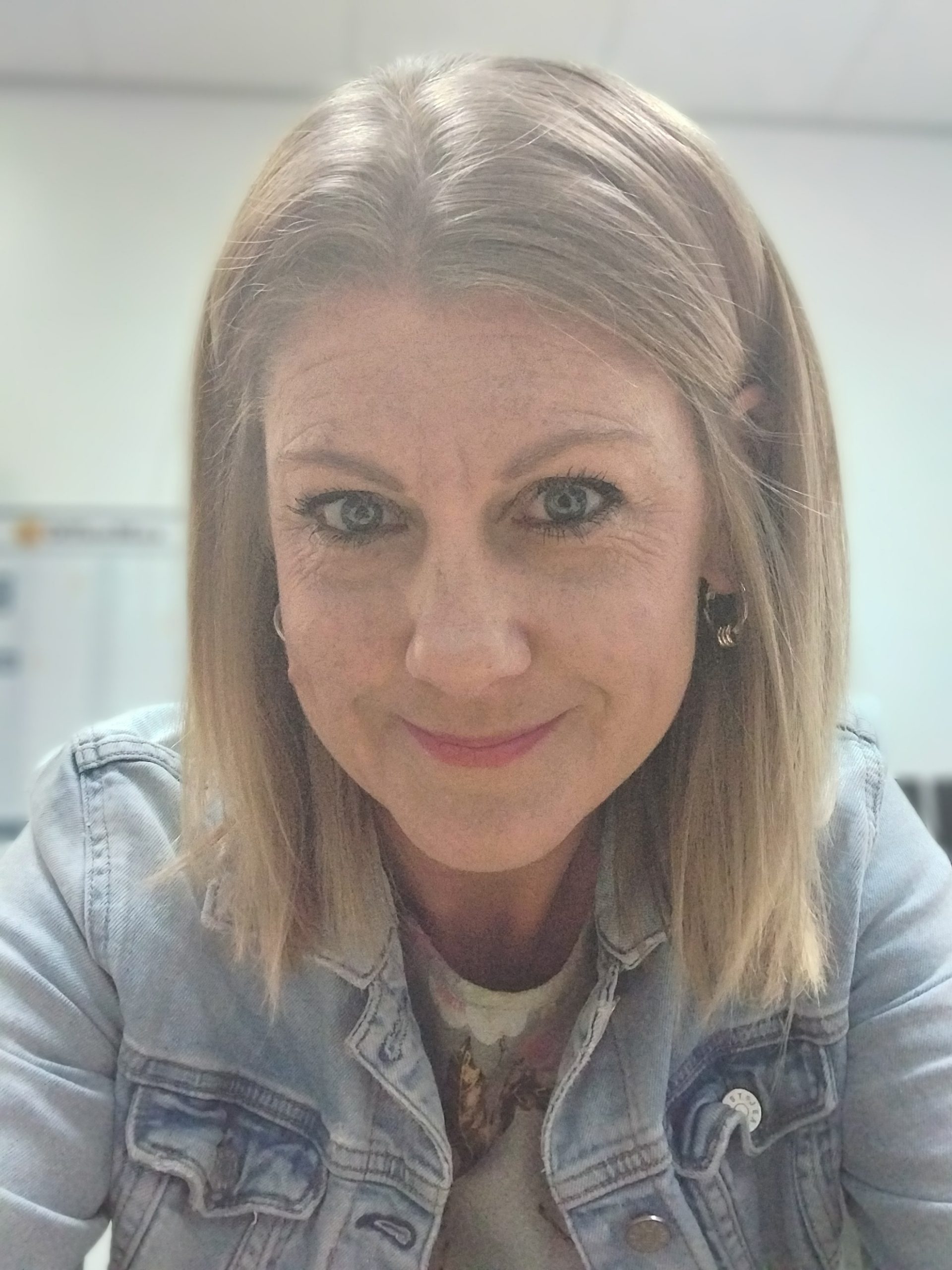 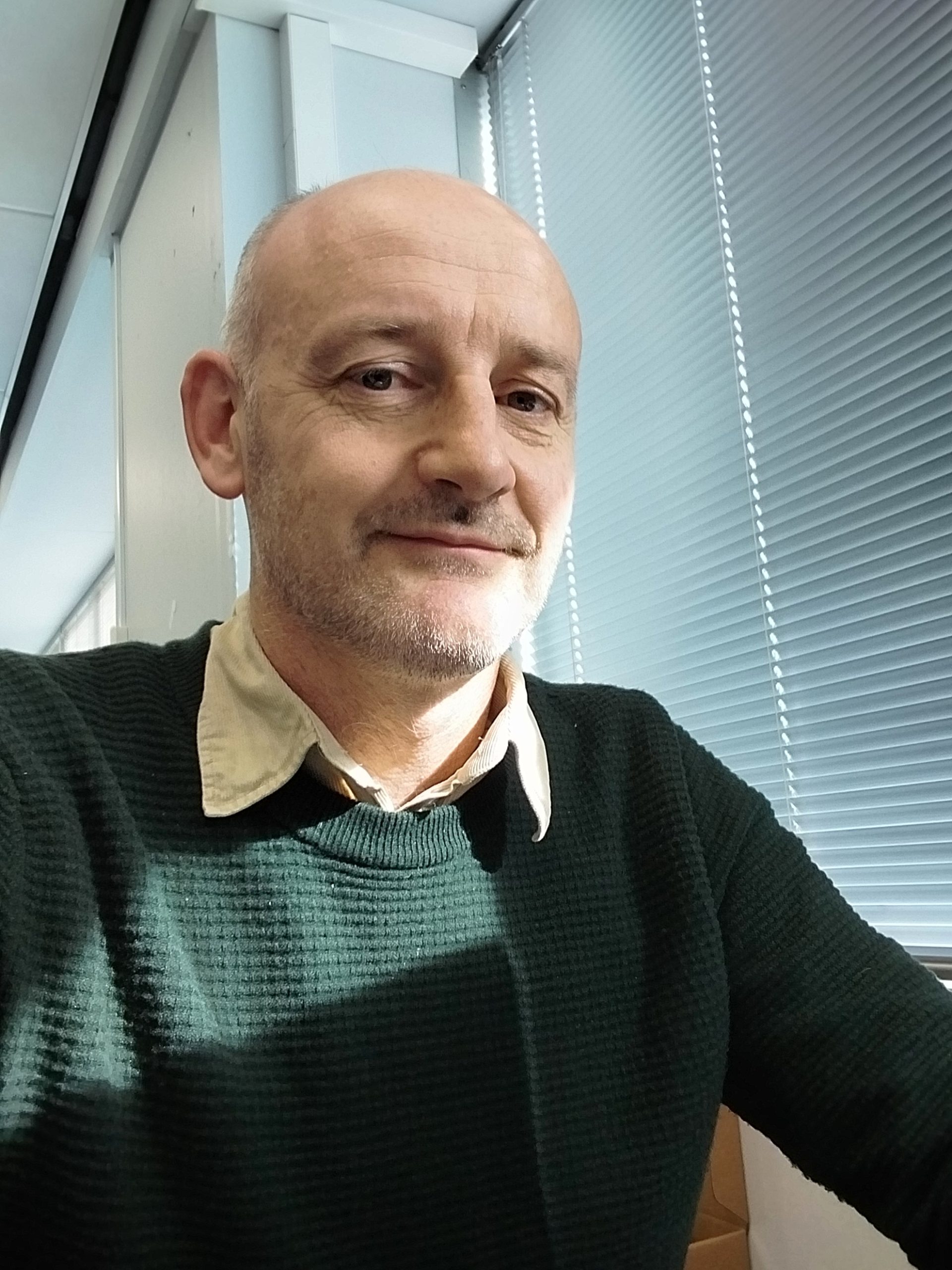 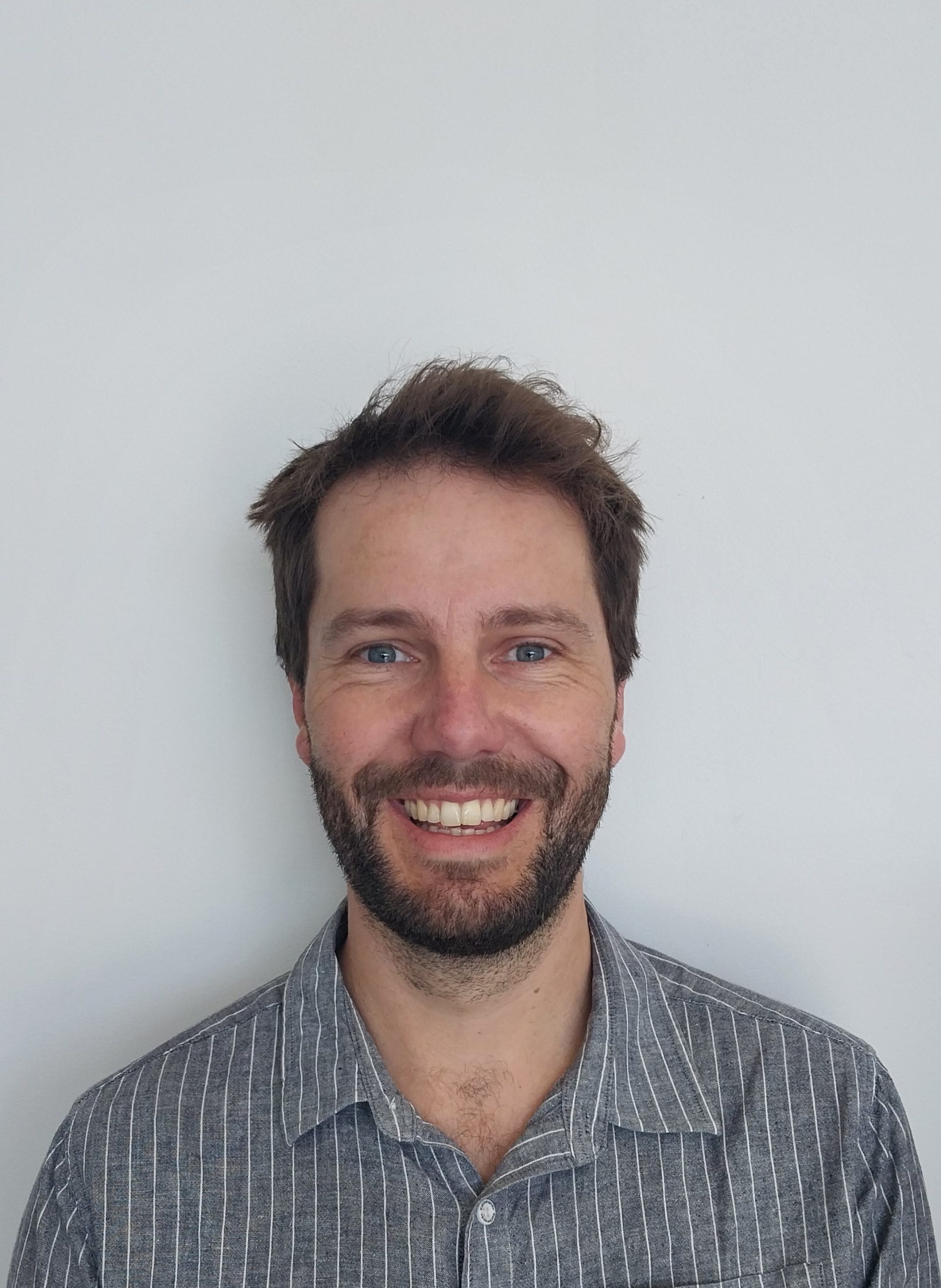 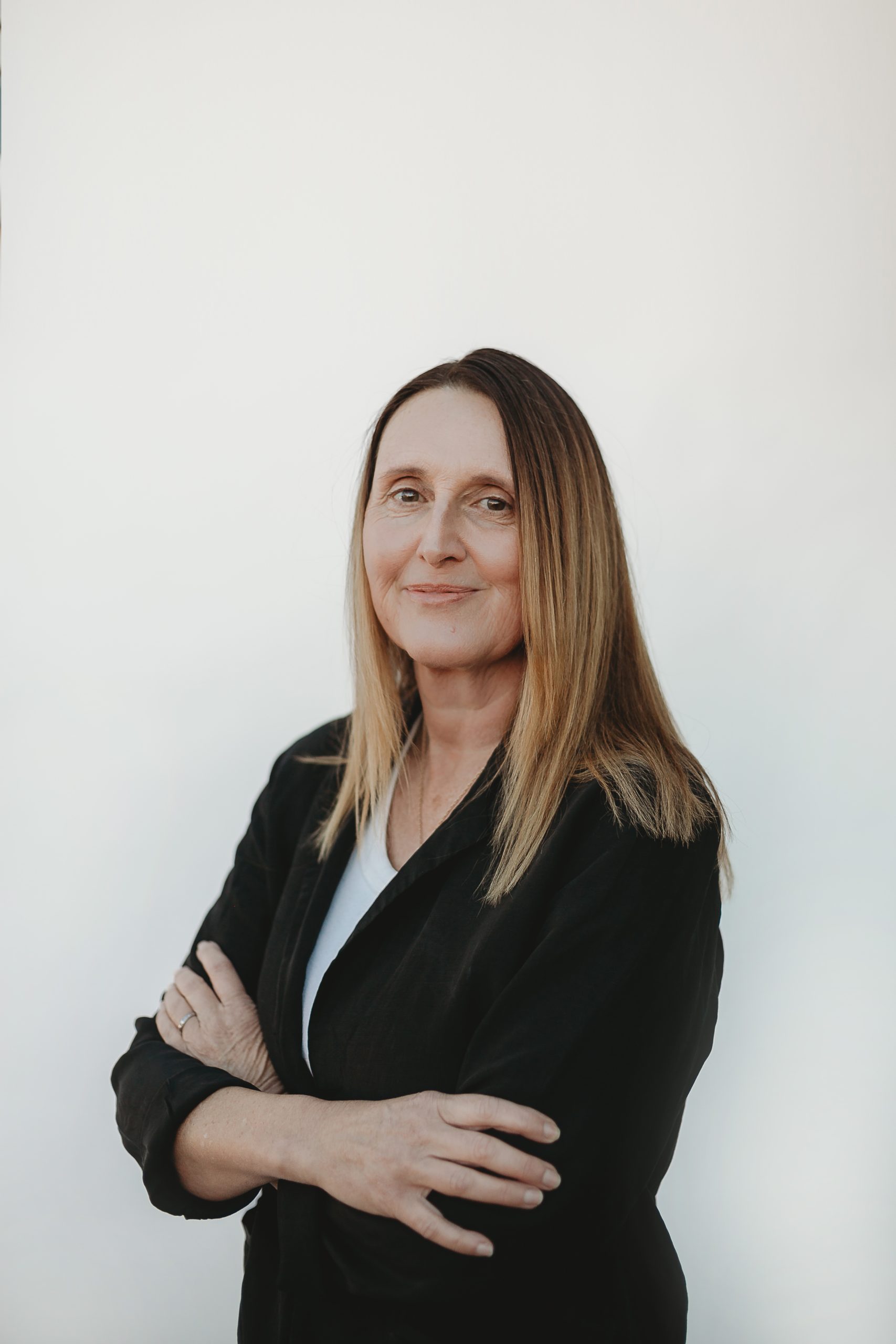 (L-r Anna Williams, Jonathan Goodwin, Willem de Vocht, Gwen Williams) | |
| 2. Understanding preference is not enough: positioning ourselves to respond – Brackenridge Services Limited This presentation explores how one organisation has reshaped its systems, processes, and roles to better respond to the preferences of the people they support when it comes to staff relationships. Moving away from traditional rostering and high reliance on agency staff, the initiative has focused on integrated planning, collaborative recruitment, and embedding people’s voices into decision-making. Key changes include overhauling recruitment, introducing assessment centres involving whānau, reworking onboarding, creating permanent relief roles, and using new tools to match staff skills and preferences. The session will share lessons learned, highlight ongoing challenges, and invite feedback from others on similar journeys.    | |
| 3. Discerning and telling the truth – Allies Aotearoa Supporting some of society’s most vulnerable people requires courage, honesty, and a commitment to truth. This is not without challenges for every practitioner, yet we know that good lives are built on reality rather than confusion or illusion. This session will explore the insights one parent and practitioner have gained after more than three decades in the sector – with Tony McLean.  Tony McLean | |
| 2.15 – 2.45pm | Ministry of Social Development – The very high needs service This session will provide an overview of MSD funded Employment, Participation and Inclusion Services and the MSD team that partners with many of you to deliver them. The aim of these services is to support disabled people to gain and maintain meaningful employment and to participate in their community. Attendees will hear about the services, where they fit in the wider MSD landscape and some top work priorities for the team.   (L-r Milla Ellis Wood, Lucy Langston) |
| 2.45 – 3.15pm | Afternoon Tea Extended break for networking and refreshments |
| 3.15-4.15pm | Remembrance for the National Day of Reflection for Survivors of Abuse in Care To acknowledge survivors of abuse and neglect while in care, remember their experiences, and raise awareness of that history. Session will include: – Reminder of the Crown’s Public Apology to Survivors – Overview of Royal Commission process and recommendations and work Government is doing to implement them – Personal lived experience of a survivor – Highlighting practical actions underway within the sector to uphold the recommendations |
| 4.15 – 4.30pm | Closing reflections Closing remarks by NZDSN Board Chair Samantha Lee 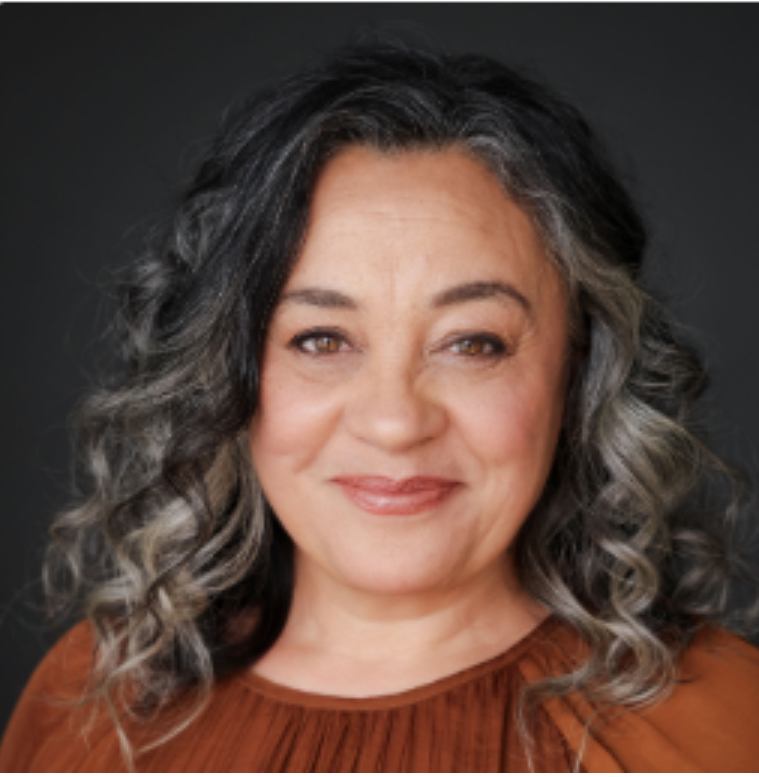 Samantha Lee Karakia Whakamutunga and Farewell |
| 4.30 – 5.30pm | Cocktail hour |
